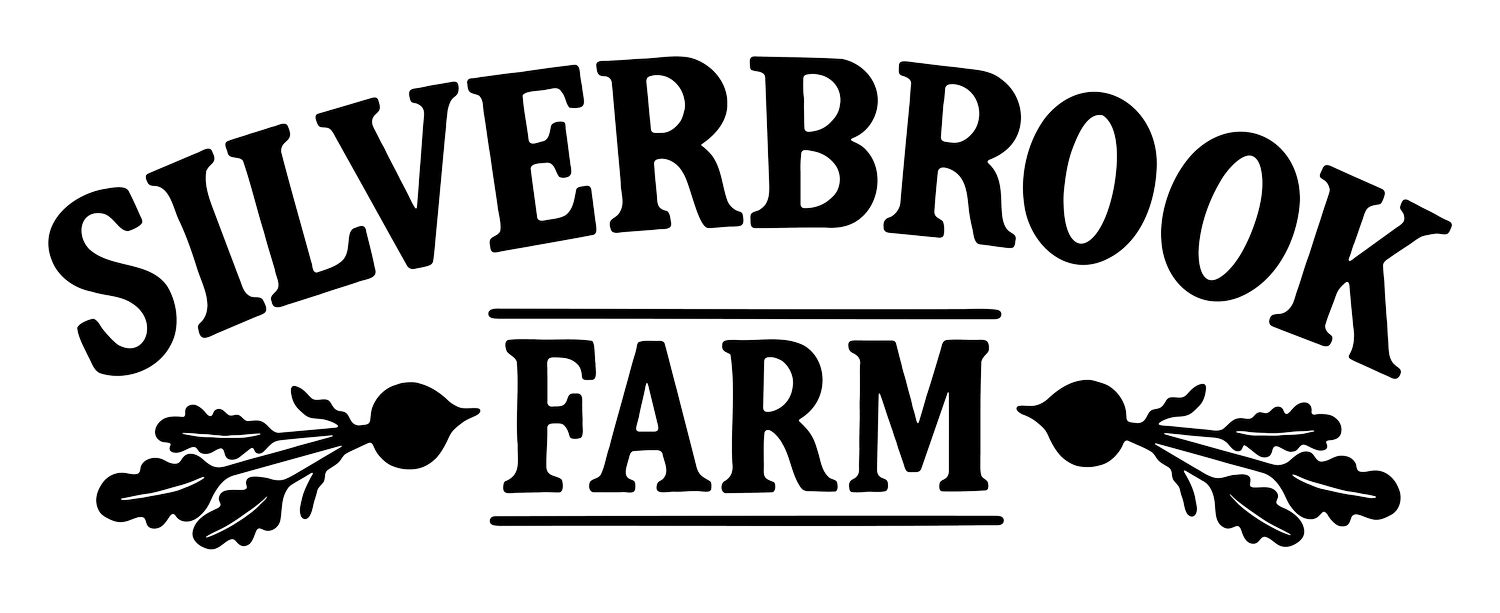Why Sustainable Farming?
1. “Organic” is a term for a type of regulated farming practices.
Many of these practices have been employed by farmers for thousands of years. These methods improve the soil and enhance the environment while prohibiting the use of certain chemicals that are harmful to animals and people.
2. Certified Organic Farms
We decided not to be a certified organic farm. The paper trail, record keeping and additional clerical procedures required became overwhelming. We applaud those who can complete these tasks! We plan to farm with responsible and sustainable methods but not go through the certification process. This means lower costs for us and helps us keep our prices in line with other producers (a very important aspect for customers).
3. Non-Certified Status
Please feel free to ask our employees about how we farm, what we use on our fields, what practices we use and what our philosophy is about producing crops. We pledge to use sustainable, responsible and earth friendly standards, to be transparent with our inputs and farm in the same manner we have been for the past 11 years.
4. Safety
The health of those who work with us on the farm is extremely important. Some farms use products that have cautionary notices similar to a poison control manual. We do not want to work around these products nor do we want that for those who labor with us. We do not want to sell fruits and vegetables that have been sprayed with these toxins to our customers either.
5. Environment
We are across the street from a Dartmouth water pumping area. Our healthy farming practices ensures healthy water! Our farming practices encourage and supplement plant sustaining organisms, while farm chemicals sterilize the soil.
6. Are your products more expensive?
We try to charge the market rates for our products because we feel that sustainably grown produce should be available to everyone. Why some farmers charge more is because instead of taking easy, short term solutions like spraying a field with toxic weed killers, a sustainable farmer needs to mulch, weed-wack (string trim) or hand weed. Many such practices are more labor intensive than conventional methods. However, we do believe that in the long term sustainable agriculture has less cost involved – no sick workers, no polluted water and no harmful residue on food. We also pay our employees a livable wage which factors into our market costs.
